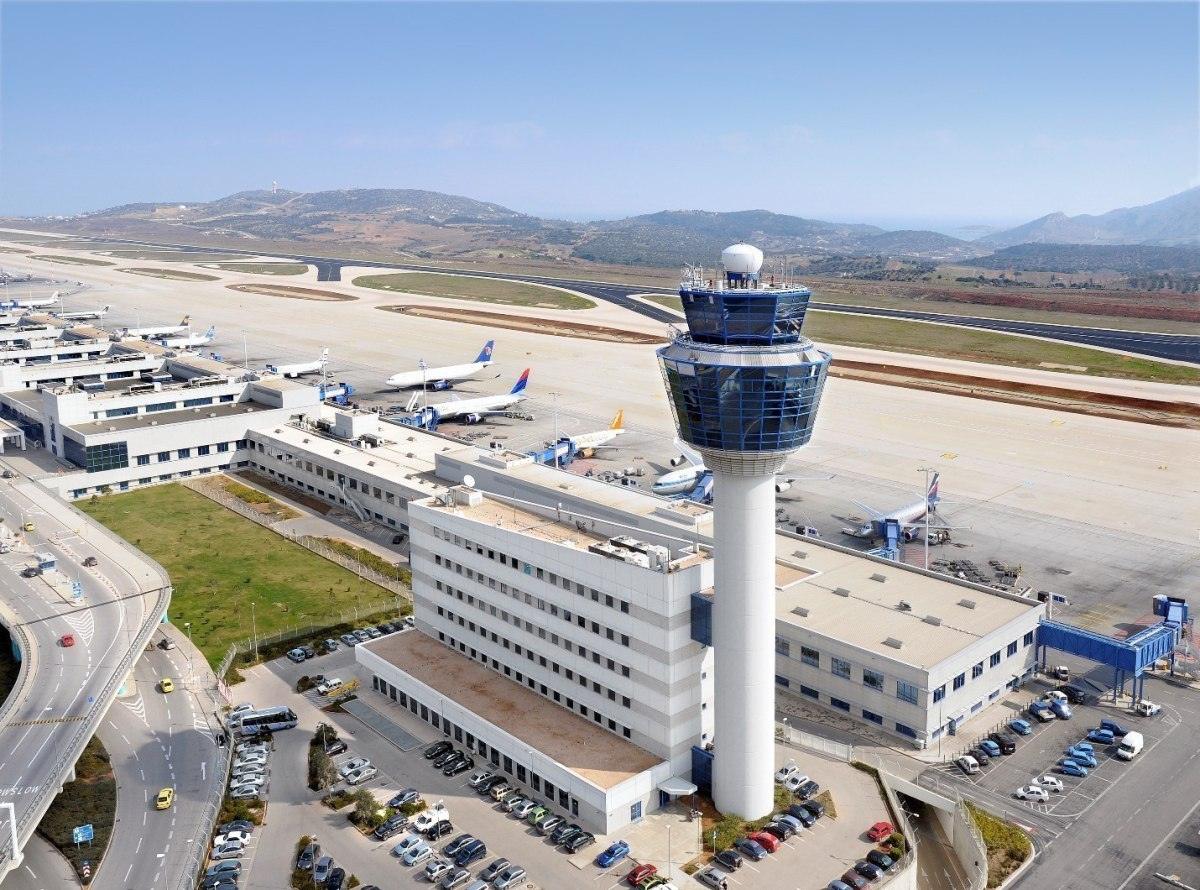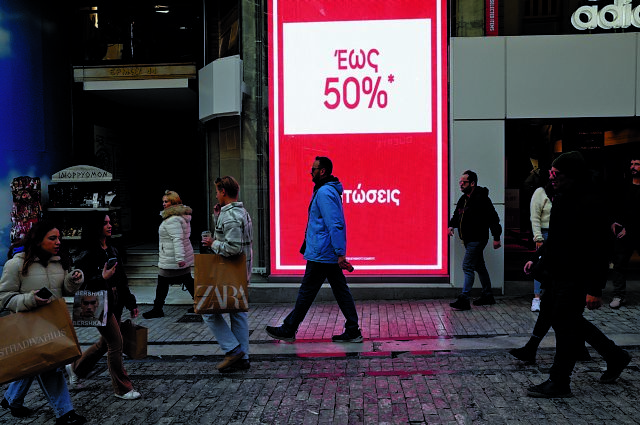The Greek Ministry of Infrastructure and Transport has unveiled a proposed overhaul of the country’s Road Traffic Code (ΚΟΚ), now open for public consultation. The reform focuses on improving road safety, protecting human life, and addressing the demands of modern mobility and digitalized processes.
The public consultation period for the proposed amendments to the Road Traffic Code is set to last three weeks, allowing citizens to voice their opinions and contribute to shaping the final legislation.
A Safety-Oriented, Non-Punitive Framework
The guiding philosophy of the new regulations emphasizes the promotion of safe driving practices without adopting a punitive approach. The primary aim is driver compliance, with penalties proportionate to the severity and risk level of each violation. At the same time, measures will be introduced to streamline the fine payment process, reducing bureaucratic hurdles.
Key penalties under the new code will target drivers directly rather than their vehicles, acknowledging that vehicles may often be shared. Sanctions include monetary fines, driving license suspension, and demerit points on the driver’s record, rather than vehicle registration or license revocation.
Risk-Based Categorization of Violations
Under the revised framework, traffic violations will be categorized by their risk levels:
- High-Risk Violations: Actions likely to cause severe accidents, such as running red lights, speeding, illegal overtaking, or driving under the influence of alcohol.
- Low-Risk Violations: Infractions with lesser safety implications, such as illegal parking or administrative lapses (e.g., failing to carry required documentation).
Repeat offenders will face scaled penalties to deter recurring violations.
The reforms give special consideration to vulnerable road users, including pedestrians, children, and cyclists. Adjustments to the code aim to protect these groups through targeted regulations for both their behavior and the responsibilities of other road users. Certain infractions will be classified as “antisocial” and carry additional administrative consequences.
In urban areas, the default speed limit will be reduced from 50 km/h to 30 km/h, except where road signs specify otherwise. This change aims to lower accident rates in densely populated areas, which often involve pedestrians, cyclists, and other vulnerable users. Roads with multiple lanes or specific designs will retain a 50 km/h limit unless otherwise indicated.
The revisions encourage sustainable urban mobility by creating space for micro-mobility vehicles and motorbikes. Specific provisions include regulated filtering for motorbikes, waiting zones at intersections, and designated parking areas. Simultaneously, stricter penalties will be introduced for micro-mobility users and motorcyclists who disregard helmet laws or speed limits.
The updated code aims to improve enforcement by expanding the use of technical and electronic monitoring tools, such as cameras on public transportation vehicles. Additionally, foreign professional drivers who commit violations will face immediate on-site penalties to simplify the collection process.
Source: Tovima.com

















![Επαγγελματικά ακίνητα: Στα ύψη οι τιμές ενοικίασης – Οι περιοχές [πίνακες]](https://www.ot.gr/wp-content/uploads/2025/12/graf-1024x551-1.jpg)






















